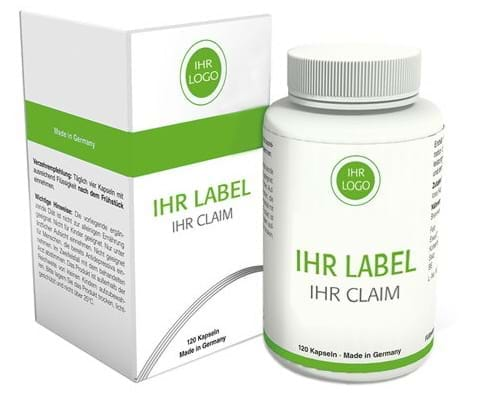Food for special medical purposes (balanced diet)
Product development, contract manufacturing, private label, bulkware
Foods for special medical purposes (balanced diet) have a nutritional purpose and are therefore not medicinal products. In fact, they help to support and optimise the treatment of diseases in terms of nutritional medicine. Put simply, it is food for sick people. To be classified as a “food for special medical purposes (balanced diet)”, it must be able to influence the existing disease through nutrition, as would be the case, for example, with arthritis. It is also important that a clinical study, validated according to the gold standard, be available for the finished product.
Our employees have outstanding experience in both development and production and will be happy to provide you with expert advice.
Legal definition of “food for special medical purposes”
Food for special medical purposes are foods developed for patients whose nutritional needs cannot be met by the consumption of normal foods due to certain diseases, disorders or specific medical conditions. According to Article 2 (2g) of Regulation (EU) No 609/2013, they are intended for the dietary management of patients with:
a) a limited, impaired or disturbed capacity to take, digest, absorb, metabolise or excrete ordinary food or certain nutrients contained therein, or metabolites, or
b) other medically-determined nutrient requirements.
Foods for special medical purposes should be eaten only under medical supervision and their labelling must indicate the intended use. They may be used only for the dietary management of patients, i.e. to cover a specific nutritional need and not to treat a disease in the sense of medication with drugs.
According to Section 14b (1) DiätV (Dietetic Food Regulation), balanced diets must be "safe and beneficial to eat in accordance with the manufacturer's instructions and effective in the sense that they meet the particular nutritional requirements of the persons for whom they are intended".
The burden of proof for this lies with the manufacturer or importer. According to Section 1 (4a) and Section 14b of the DiätV, “the effectiveness must be proven by generally accepted scientific data”.
EFSA's guidance paper "Scientific and technical guidance on foods for special medical purposes in the context of Article 3 of Regulation (EU) No 609/2013" details the information and scientific data that a manufacturer of a product must provide on request and in what form, to verify and determine whether that product is to be classified as a food for special medical purposes.
Further criteria that foods for special medical purposes must fulfil can be found in the “Position paper of the BVL and the BfArM on the characterisation of foods for special medical purposes (balanced diets)”.
The Commission Delegated Regulation (EU) 2016/128 of 25 September 2015 supplementing Regulation (EU) No 609/2013 of the European Parliament and of the Council with regard to specific compositional and informational requirements for foods for special medical purposes shall apply from 22 February 2019, except for foods for special medical purposes developed for the nutritional requirements of infants, for which it shall apply from 22 February 2020. Directive 1999/21/EC has been repealed with effect from 22 February 2019.
You too can benefit from our almost 20 years of experience as a Full Service contract manufacturer -
we will be happy to advise you.
We remain at your disposal for all questions concerning product development, formula development, the production and marketing of Food for special medical purposes (balanced diet). Feel free to get in touch and we will be happy to advise you - personally and tailored precisely to your needs.



 Full service made in Germany
Full service made in Germany







